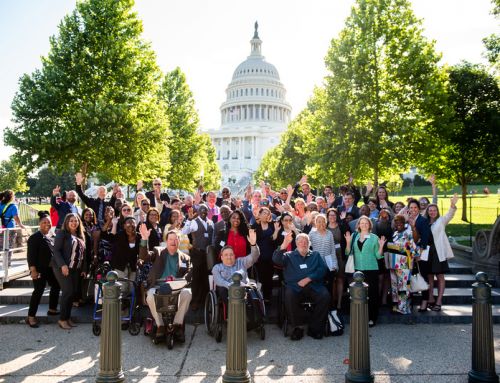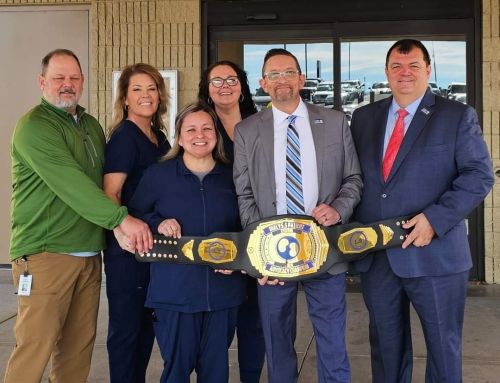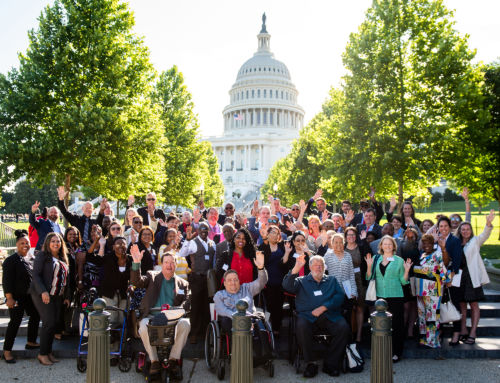WASHINGTON, Feb. 9, 2018 /PRNewswire-USNewswire/ — Advocates for dialysis patients are pleased that the federal spending bill which funds the government through March 23rd includes several provisions that will help people with kidney failure, or end-stage renal disease (ESRD), gain access to life-extending dialysis treatments.
The bill includes language from the Medicare Part B Improvement Act of 2017 (H.R. 3178), which was introduced July 7 of last year by Reps. Kevin Brady (R-Texas) and Richard Neal (D-Mass.), the Chairman and Ranking Member of the House Ways & Means Committee.
The language permits health care providers to utilize data from home dialysis equipment to monitor their patients. Many ESRD patients utilize hi-tech equipment to receive dialysis treatment at home, but current law prohibits the valuable data that is captured to be used for the patient’s benefit.
“Health care providers who serve Medicare patients should be able to access crucial data from home dialysis equipment to inform a patient’s treatment and care,” said Hrant Jamgochian, Chief Executive Officer of Dialysis Patient Citizens (DPC), which represents nearly 30,000 dialysis and pre-dialysis patients nationwide. “The federal spending bill will make that possible – delivering higher quality care, lower health care costs and better outcomes for patients.”
Another key provision of the Medicare Part B Improvement Act that was included in the funding bill will allow dialysis treatment centers to seek Medicare-approved, outside accreditation to provide dialysis treatments. Currently, any health care facility that provides care to Medicare beneficiaries must be certified in their state and accredited under Medicare. But dialysis providers are the only facilities that cannot be surveyed or accredited by outside agencies.
“Because dialysis providers cannot be accredited by outside agencies, patients face long delays for the approval of new dialysis facilities, and high startup costs discourage new centers from being opened, especially in rural communities where fewer patients make it more difficult to recoup those initial costs,” Jamgochian said. “This provision would streamline this process and prevent unnecessary delays in access to care.”
Lastly, the spending bill included a provision which would reauthorize and strengthen Medicare Special Needs Plans (SNPs), a program designed to lower costs, improve quality, and increase access to health care for elderly patients living in poverty with a chronic illness.

























